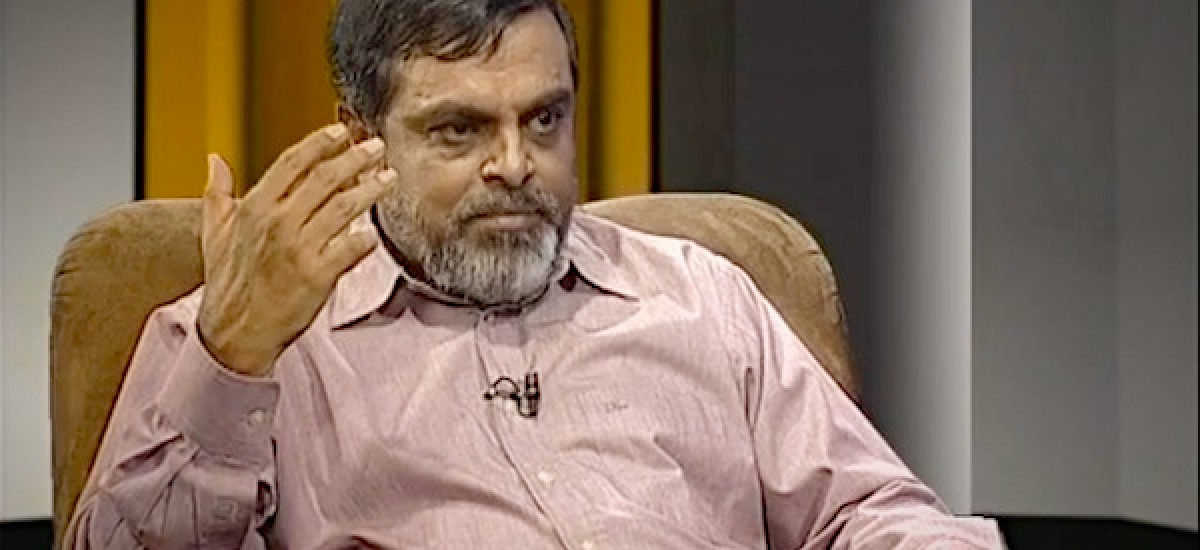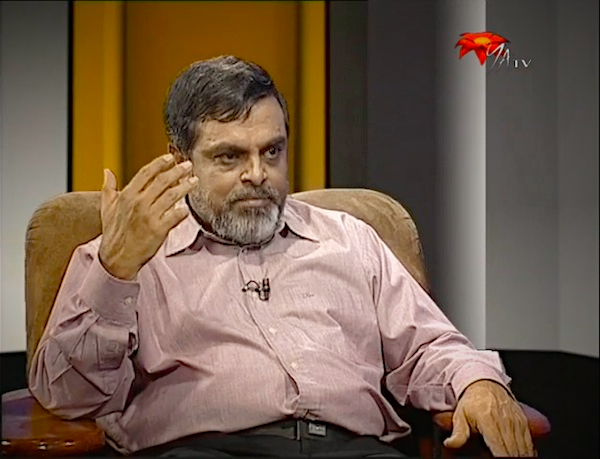Javid Yusuf is an Attorney-at-Law and former diplomat. Groundviews last featured him over two years ago, just after the Presidential Election in early 2010.
In this programme, we talked about the recently concluded elections in the North Central, Sabaragamuwa and Eastern Provinces in Sri Lanka and more generally, on politics and reconciliation in post-war Sri Lanka.
We begin by looking at why this election and voting in the Eastern Province in particular was perceived to be so significant. Javid responds by noting the election was, in general, a barometer of the government’s popularity and in the Eastern Province, a barometer of how minority thinking. We talk about the very different narratives from government, the opposition and other independent political analysts after the results of the election, and what could be read into these divergent viewpoints. Javid notes that the government did quite well in getting the votes it did in the North Central Province and Sabaragamuwa, and said that there was an alarming polarisation of the communities in the Eastern Province. Javid doesn’t mince words when it comes to his take on the campaigning of the Sri Lanka Muslim Congress, noting that people would have at laughed at the party’s stance, and opportunism. Javid also goes on to say that voters don’t have any confidence in the United National Party.
Moving away from the election, we talk about the viability of political parties that are anchored to a specific community or are ethno-centric in orientation and policymaking. Javid notes that he doesn’t see a future for such parties, and that the emergence of communal parties has created a lot of problems (specifically noting the behaviour of the SLMC as a key factor in the deterioration of relations between Muslims and other communities in Sri Lanka). As a counterpoint to Javid’s reservations about ethno-centric parties and those that are created on communal lines, we explore how there could be, amongst voters, a perceived need for political representation of minority interests given the majoritarianism and extremism that is now mainstream in parties and coalitions like the UPFA and even the UNP.
Going back to the results of the election in the Eastern Province, we talk about how the result will pan out in terms of governance in the weeks and months ahead. In this segment we also talk about the communal interdependency in the Eastern Province, and how this will be impacted by what appears to be a growing party political divide. We also talk about the actual role and responsibilities of the Chief Minister (looking at the Eastern Province) and whether this post really matters. Javid’s response is unequivocal, which he goes on to explain in some detail.
We end our conversation by looking at the need and opportunities for civic education especially in this part of Sri Lanka – for example, basic voter education. Javid comes up with a rather novel idea for the vetting of candidates vying for political office, and reiterates that for systemic reform of Sri Lanka’s eroded political culture, PR representation and the Executive Presidency need to be done away with.


